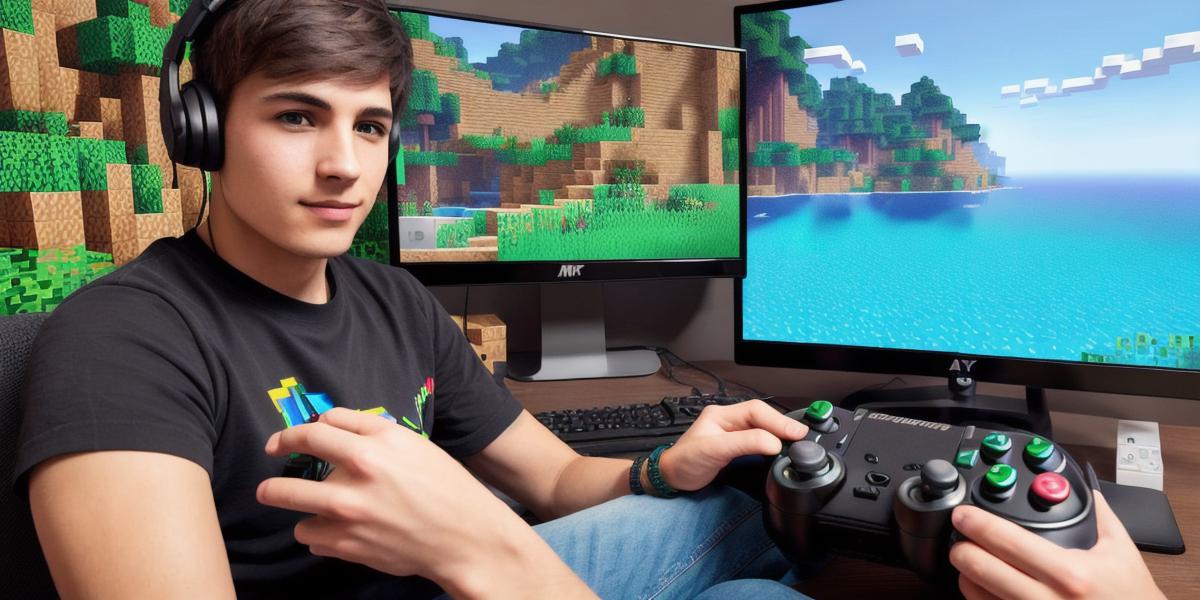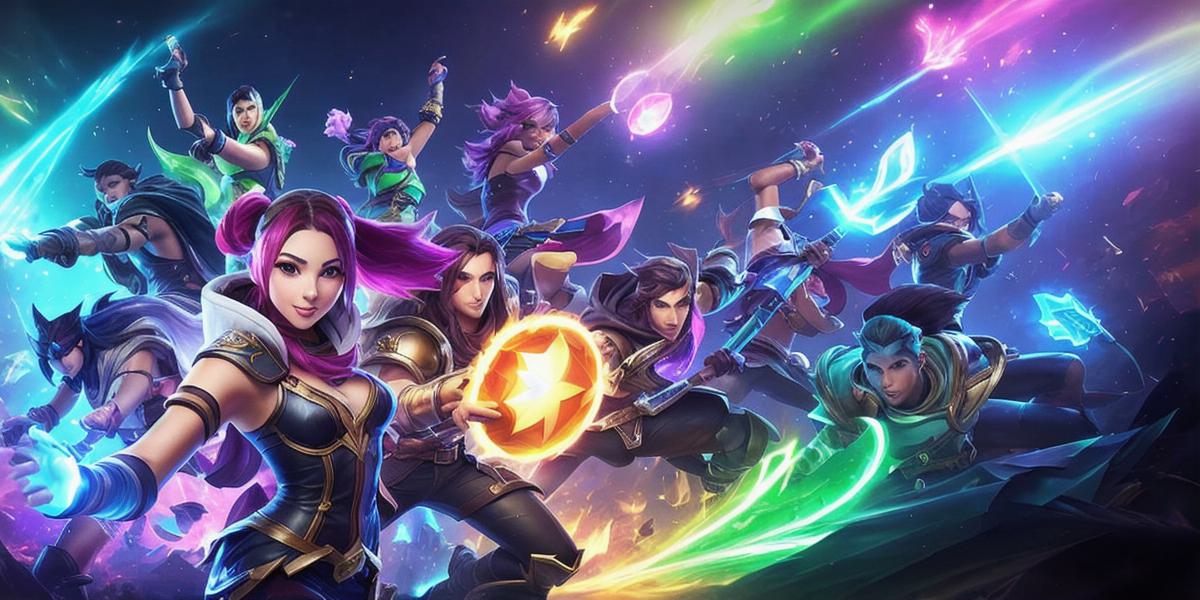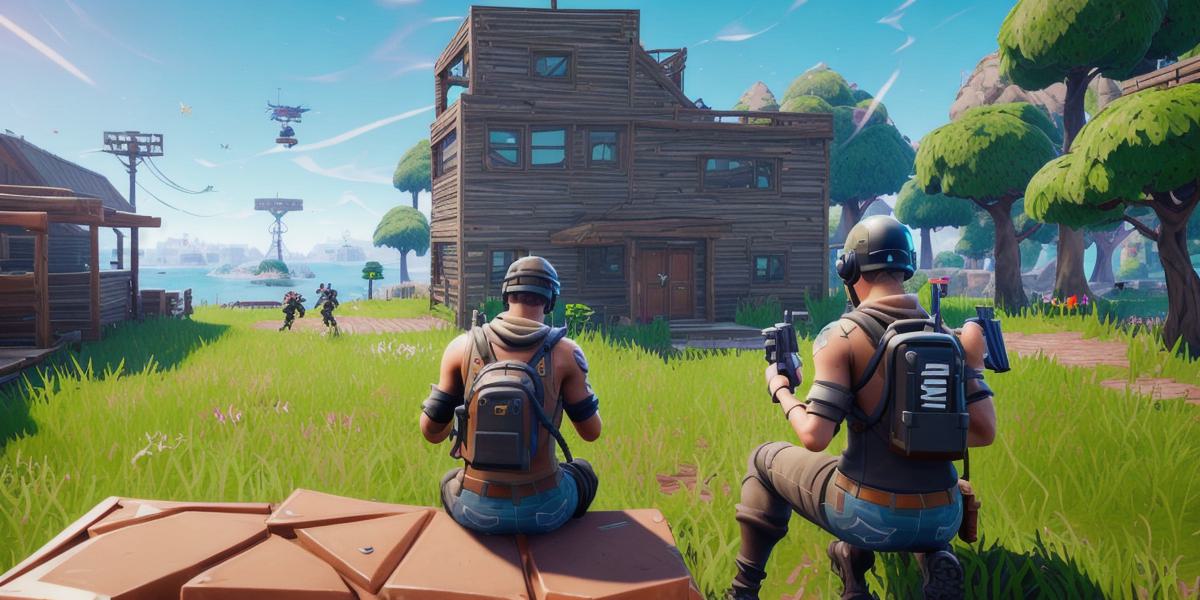Have you ever found yourself lost in a virtual world for hours on end, neglecting your real-life responsibilities? If so, you’re not alone. Millions of people around the world are addicted to games like Minecraft, and it’s easy to see why.
In this article, we’ll explore the science behind game addiction and why Minecraft in particular is so captivating. We’ll examine the neurochemical mechanisms that make games like Minecraft so addictive, look at real-life examples of people who have become addicted to gaming, and discuss strategies for breaking the cycle of addiction.
First, let’s consider the neurochemistry behind game addiction. Research has shown that playing games activates the same areas of the brain as drugs like cocaine and heroin. These areas are responsible for feelings of pleasure, reward, and motivation, making games incredibly addictive. Additionally, games often use repetitive patterns and rewards to keep players engaged, further reinforcing these neurochemical pathways.
One real-life example of game addiction is the story of a man who quit his job and moved into an apartment filled with Minecraft servers. He spent every waking moment playing the game, neglecting his personal relationships and responsibilities. This behavior ultimately led to financial ruin and social isolation.
While it may be tempting to blame technology for this phenomenon, it’s important to remember that games are not inherently addictive. Rather, it’s the way they are designed and the neurochemical mechanisms they activate that make them so captivating. By understanding these underlying factors, we can take steps to break the cycle of addiction and reclaim our lives.
If you or someone you know is struggling with game addiction, there are resources available. Seek out professional help and support groups, and remember that it’s never too late to make a change.
FAQs:
Q: What are some common signs of game addiction?
A: Some common signs include neglecting real-life responsibilities, prioritizing gaming over other activities, feeling guilty or ashamed about gaming, and experiencing withdrawal symptoms like irritability or anxiety when unable to play.
Q: How can I break the cycle of game addiction?
A: Seek out professional help, set boundaries for your gaming time, find alternative activities that bring you joy and fulfillment, and surround yourself with supportive friends and family members who encourage healthy habits.



